
Food crisis in Gaza
The humanitarian situation in Gaza has escalated to a critical tipping point due to Israel’s ongoing military operations, experts warn. If immediate relief efforts are not implemented, the number of deaths is expected to rise dramatically among the Palestinian population.
Children who endure malnutrition during this tumultuous time will suffer long-lasting health effects, raising alarms about their future well-being.
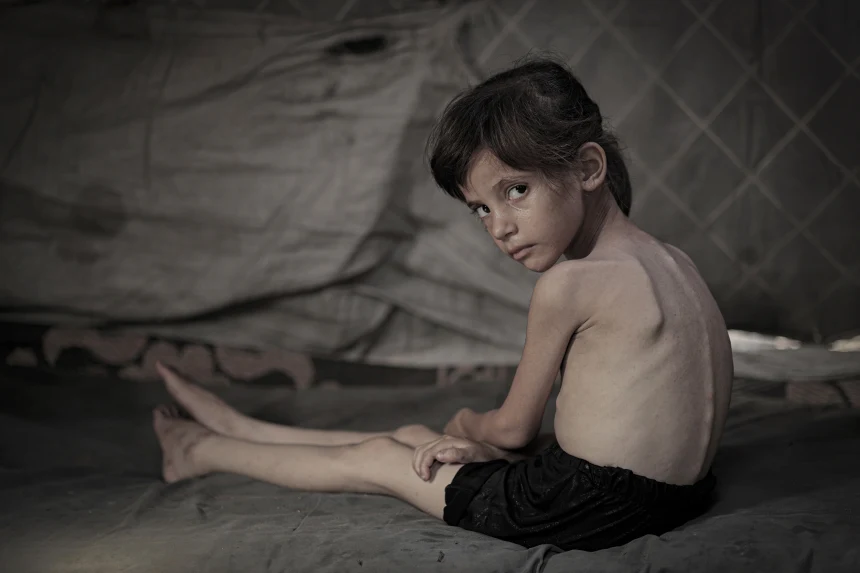
Kiryn Lanning, Senior Director of Emergencies at the International Rescue Committee (IRC), emphasized the urgency of the situation, stating, “The window to prevent mass death is rapidly closing, and for many, it’s already too late.” The World Health Organization has echoed these concerns, highlighting that “the health and well-being of an entire future generation” hangs in the balance.
Take Action Now: Join efforts to provide critical support and resources for those affected by the crisis in Gaza.
Doctors and aid workers in Gaza, despite their exhaustion and lack of resources, have been issuing urgent warnings about a critical food shortage and the soaring prices of limited supplies due to Israel’s military actions and stringent aid restrictions. Their grim predictions are becoming a reality.
“We are now facing a massive health disaster,” stated Dr. Ahed Jabr Khalaf, a pediatrician and intensive care specialist at Nasser Hospital in Khan Younis, during an interview with NBC News on the ground. He revealed that several children had succumbed to malnutrition in just one day.
The escalation of this crisis has drawn attention from the world’s foremost hunger authority, the Integrated Food Security Phase Classification (IPC), which announced that a “worst-case scenario of famine” is unfolding in Gaza amidst the ongoing military conflict and severe aid limitations.
Growing Outrage Over Starvation
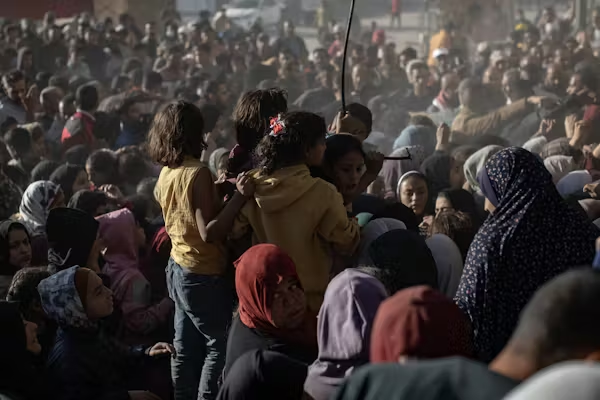
International backlash has intensified as imagery emerges of starvation sweeping across Gaza. Dozens are losing their lives to malnutrition in recent weeks, and people are collapsing in public spaces. The Israeli military implemented temporary pauses in fighting to facilitate the delivery of essential supplies in response to the urgent situation. However, aid officials caution that these measures remain insufficient.
Jeremy Konyndyk, president of Refugees International, expressed concerns that the crisis may have already reached a “tipping point.”
“Every day, new reports reveal multiple starvation-related deaths,” Konyndyk noted, drawing on his experience as an official with the U.S. Agency for International Development during the Obama and Biden administrations. He emphasized the alarming trends, signaling a dire level of vulnerability and deprivation within the population. This suggests that larger-scale tragedies are imminent.
Jeanette Bailey, Global Practice Lead at the IRC and Director of Research for Nutrition, reiterated the urgency of the situation. “In previous famine situations, increased mortality rates demand swift and decisive action to prevent further loss of life,” she cautioned. “If we don’t act now, we face the reality of these numbers escalating rapidly.”
According to the Palestinian health ministry in Gaza, as of Wednesday, 154 individuals have perished from starvation since the conflict began, with 89 of those being children. Notably, the ministry has only recently started providing daily updates on these distressing figures.
Experts emphasize that data on the current famine in Gaza often lags behind the harsh realities on the ground. Konyndyk highlighted the challenges in accessing accurate information due to Israeli restrictions.
Gaza on the Brink: Experts Warn of Famine and Long-Term Health Catastrophe
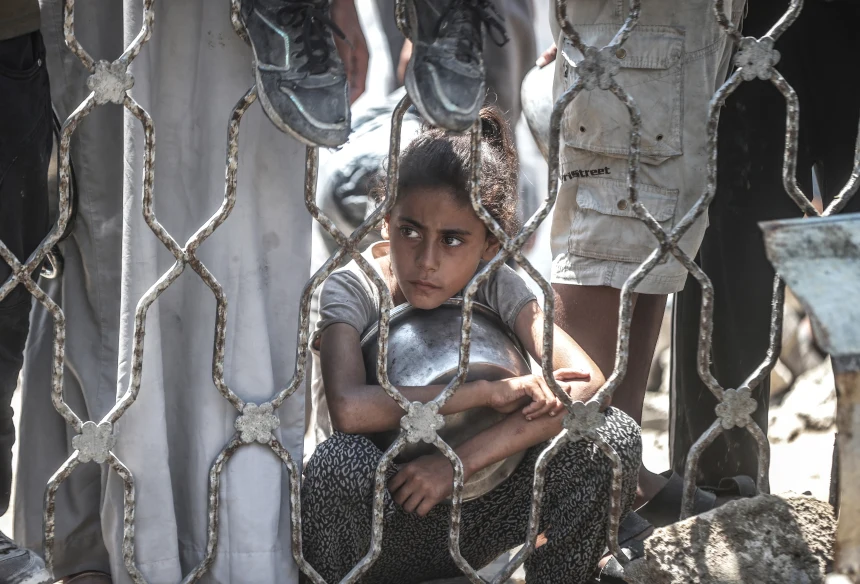
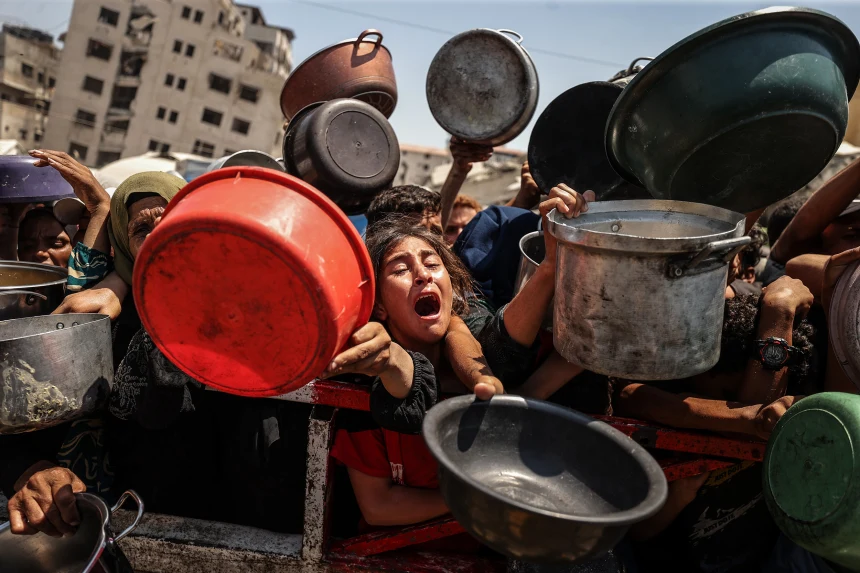
Emily Keats, an assistant scientist at the Johns Hopkins Bloomberg School of Public Health, expressed concerns. She stated that the situation has reached a critical inflection point. She warned that conditions will only deteriorate further unless the population gains safe access to food and essential health services.
In response to the IPC’s alert regarding the Gaza crisis, Israeli Prime Minister Benjamin Netanyahu’s office acknowledged the challenges. They attribute some of the perception of a humanitarian crisis to Hamas’s actions.
Health professionals and advocates agree that children in Gaza are facing severe health repercussions. These repercussions are due to the ongoing hunger crisis. Lanning pointed out that many children’s bodies are failing due to malnutrition. This has led to a concerning rise in hospital admissions for malnutrition among infants and young children. Keats described the alarming condition of child wasting—acute malnutrition characterized by insufficient food and rampant diseases.
Keats insisted that immediate action is essential to mitigate deaths from malnutrition. However, she cautioned that the long-term consequences may linger for years. She explained that many children could experience stunting, micronutrient deficiencies, or a combination of both. This combination increases their risk of adverse health outcomes.
Wasting (low weight for height) and stunting (low height for age) are critical forms of undernutrition. Furthermore, malnutrition encompasses a variety of imbalances in nutrient intake, according to the World Health Organization (WHO).
Children at Risk: Malnutrition Crisis in Gaza Threatens Future Generations
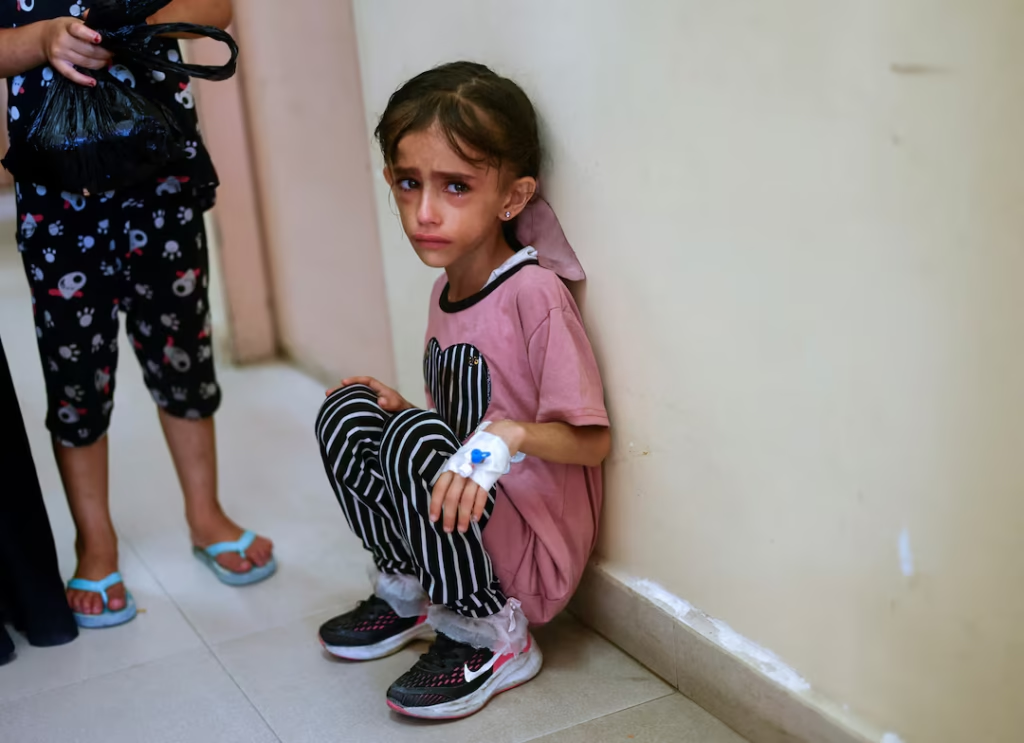
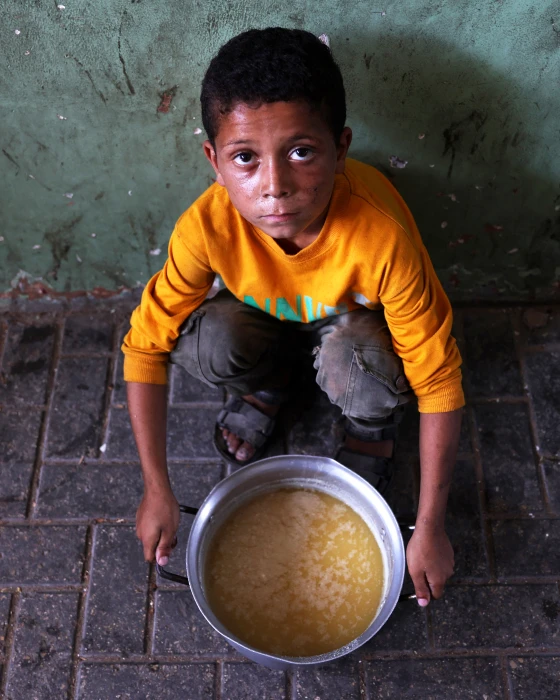
Beckie Ryan, response director for CARE in Gaza, cautioned about the enduring effects on children, particularly those under five. She noted that for many young children, recovery from this crisis may not be possible.
Malnutrition in young children severely impacts brain health and learning abilities, according to the World Food Program’s website.
The first 1000 days of life are a crucial period of exceptional growth and development. This period, leading up to age 2, is critical for development. During this time, children are particularly vulnerable to long-term health risks. Dr. Marko Kerac, a clinical associate professor at the London School of Hygiene & Tropical Medicine, emphasizes that inadequate nutrition can severely affect children under five. The repercussions of malnutrition, however, can extend into adolescence and adulthood. He mentions that various factors, including the speed of treatment, influence the long-term effects.
Keats points out that the consequences of childhood malnutrition can echo far into the future. Women who experienced wasting as children are more likely to have low birthweight or growth-restricted infants. These infants are at a higher risk for poor health and mortality. Experts and officials unanimously agree that immediate intervention with adequate care and support for Palestinians in Gaza is essential. However, Keats warns that the hunger crisis’s repercussions will resonate for generations to come.

